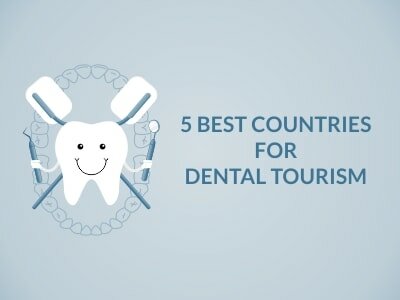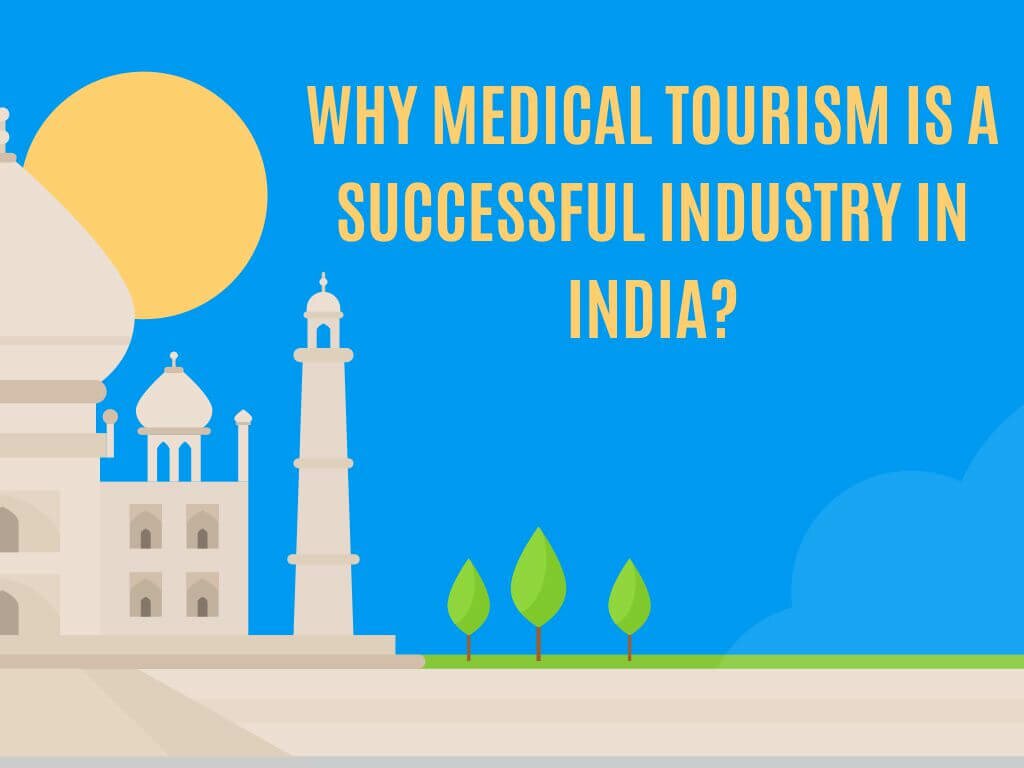How Ignoring Your Dental Care Can Affect Your Health? | Frankit

We all have seen TV commercials promoting various brands of toothpastes, toothbrushes and mouthwashes that guarantee the best and complete oral hygiene. But none of these commercials have ever even remotely depicted the close link between oral hygiene and overall health. Oral hygiene is often neglected and gets its due attention only when tooth decay, tooth pain and other dental issues aggravate. Dentists have always harped on about brushing twice daily, flossing and regular dental check-ups. A regular oral healthcare regime bestows a good self-image, thus directly boosting confidence and self-esteem. On the flip side, poor oral hygiene may significantly impact social interactions and even lead to anxiety and depression. Even as this is just the aesthetic aspect of the importance of maintaining a regular oral health regime, the absolute importance of oral health cannot be undermined.
Have you ever wondered why general practitioners inspect the interiors of the mouth? What the colour of your tongue implies ? What information does a swab of saliva contain? Apparently, while it may appear to be customary, all of the above prove to be extremely crucial in indicating the overall health of a person. The mouth is the ‘gateway’ to one’s general health. It is also the breeding ground for bacteria which constantly form dental plaque. In the absence of proper oral hygiene, additional bacteria thrive and cause plaque to accumulate along the gumline leading to gingivitis. If not treated on time, this can further complicate to a condition called periodontitis.
Severe neglect of oral care is known to cause cardiovascular diseases, endocarditis, pneumonia, complications in pregnancy and in extreme cases, cancers too. This happens when the bacteria in the mouth enter the bloodstream, due to a weak immune system, while chewing food or when opting for invasive dental treatments. Amongst people with gum diseases, the probability of contracting heart disease is twice as compared to those without gum disease. Pregnant women with gum diseases may be over three times more likely to have a premature baby with low birth weight. There is also a one-in-four chance that a woman with gum disease will deliver before 35 weeks. Neglecting oral care can also cause dementia, infertility, erectile dysfunction, kidney disease and rheumatoid arthritis. While pre-existing conditions such as diabetes, HIV/AIDS, osteoporosis and Alzheimer’s disease further lead to deterioration of oral health.
Nevertheless, the human body is equipped with natural defence mechanisms to combat symptoms of a disease. Producing saliva is one such defence mechanism against disease-causing bacteria and viruses in the mouth. The antibodies within it attack viral pathogens such as cold and HIV. Saliva also contains histatins, proteins which combat the growth of Candida albicans, a naturally occurring fungus. However, any such treatment or use of certain medications, such as decongestants, antihistamines, painkillers, diuretics and antidepressants that interferes in its production leads to the proliferation of bacterial growth. Hence, healthy saliva production is of paramount importance in keeping the bacteria under check and in maintaining oral health. This calls for a dedicated oral hygiene to be followed every day. In addition, an unhealthy diet also contributes to depleting oral health.
Off late, saliva testing is proving to be an important diagnostic tool to aid in understanding the general health of a person. It can also reveal the use of illegal drugs, presence of environmental toxins, hormones and antibodies indicating hepatitis or HIV infection, among such other conditions. Saliva testing will help detect and monitor diabetes, Parkinson’s, liver cirrhosis and other infectious diseases. In fact, saliva testing may soon become the preferred choice for health diagnosis as against the current practice of blood testing.
As it has become clear that oral health and overall health go hand-in-hand, integrating oral care into general health gains even more importance. This has led to the adoption of a ‘Common Risk Factor Approach’ (CRFA) which is a holistic approach to targeting risk factors common to many chronic conditions and their underlying social determinants. This approach to promoting overall healthcare is said to be better than the disease-specific approach as it helps achieve improvements across a range of chronic health conditions more effectively and efficiently. This then calls for fostering synergies among health professionals, statutory, voluntary & commercial bodies and the community at large. By adapting it to public health initiatives, the burden of non-communicable diseases can thus be tackled effectively.
To conclude, brushing teeth twice-a-day, flossing regularly, eating a healthy diet with minimum intake of sugary, salty and fat-rich foods and drinks, avoiding tobacco consumption & smoking and regular exercise are the basic tenets of oral hygiene. However, one should also incorporate regular dental check-ups and cleanings in their routine to ensure better overall health and quality of life.















